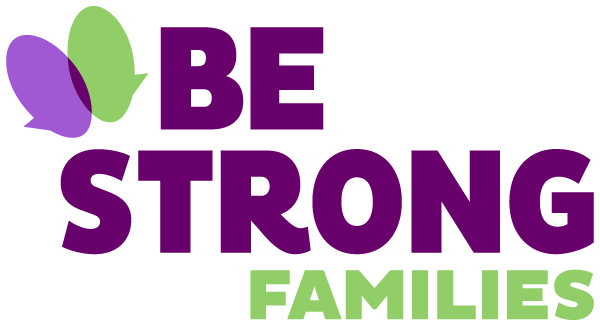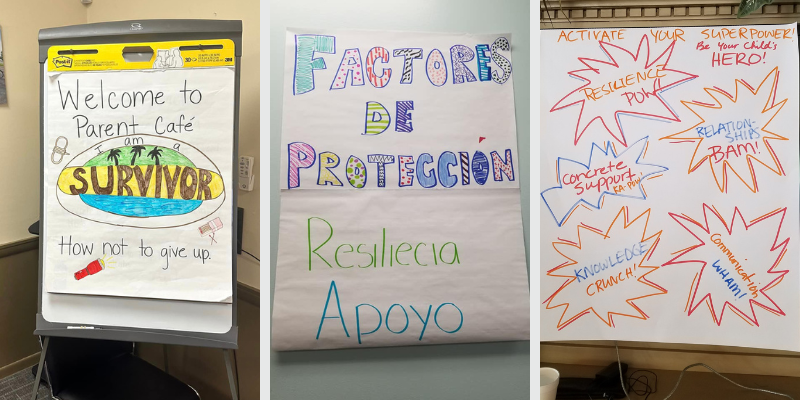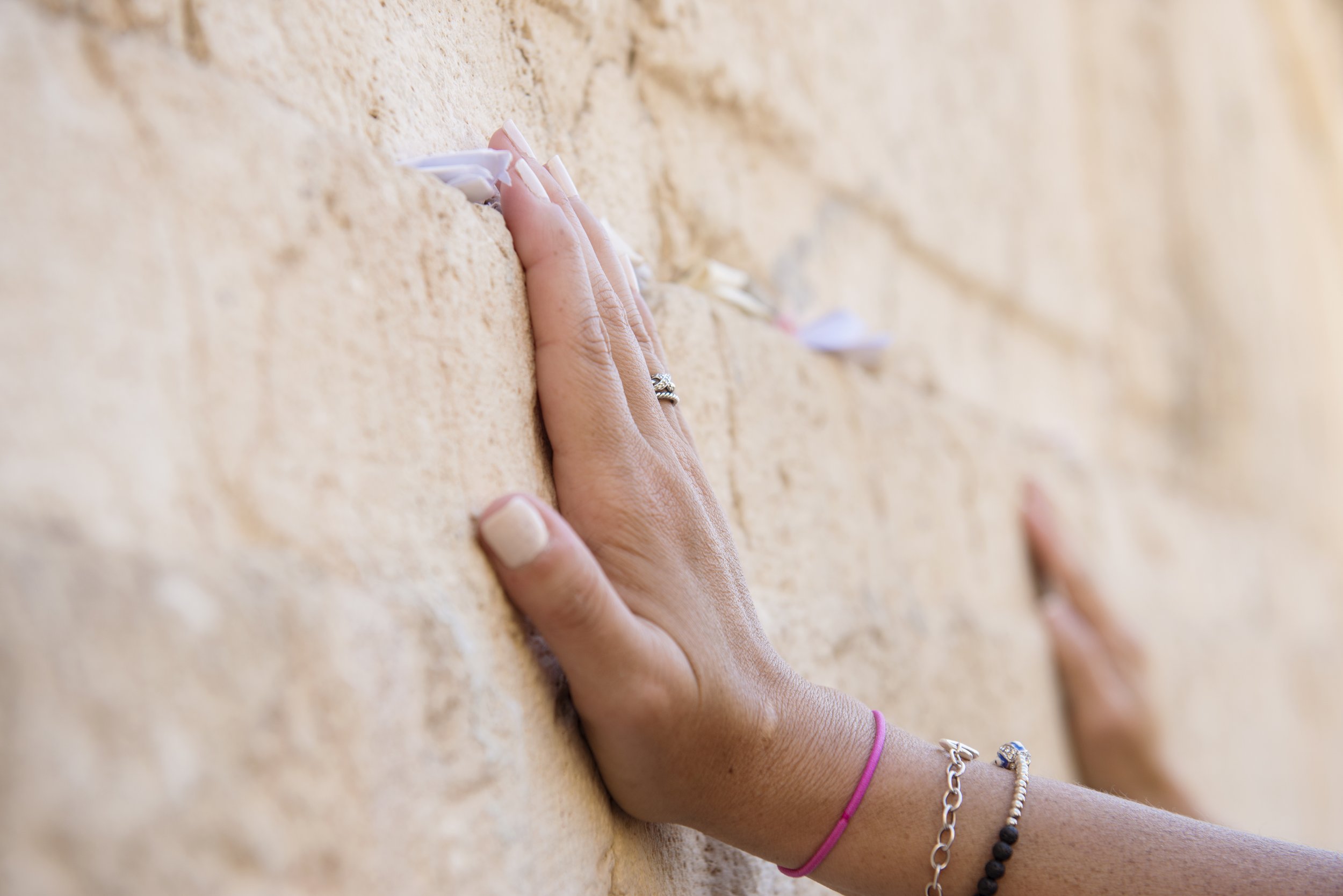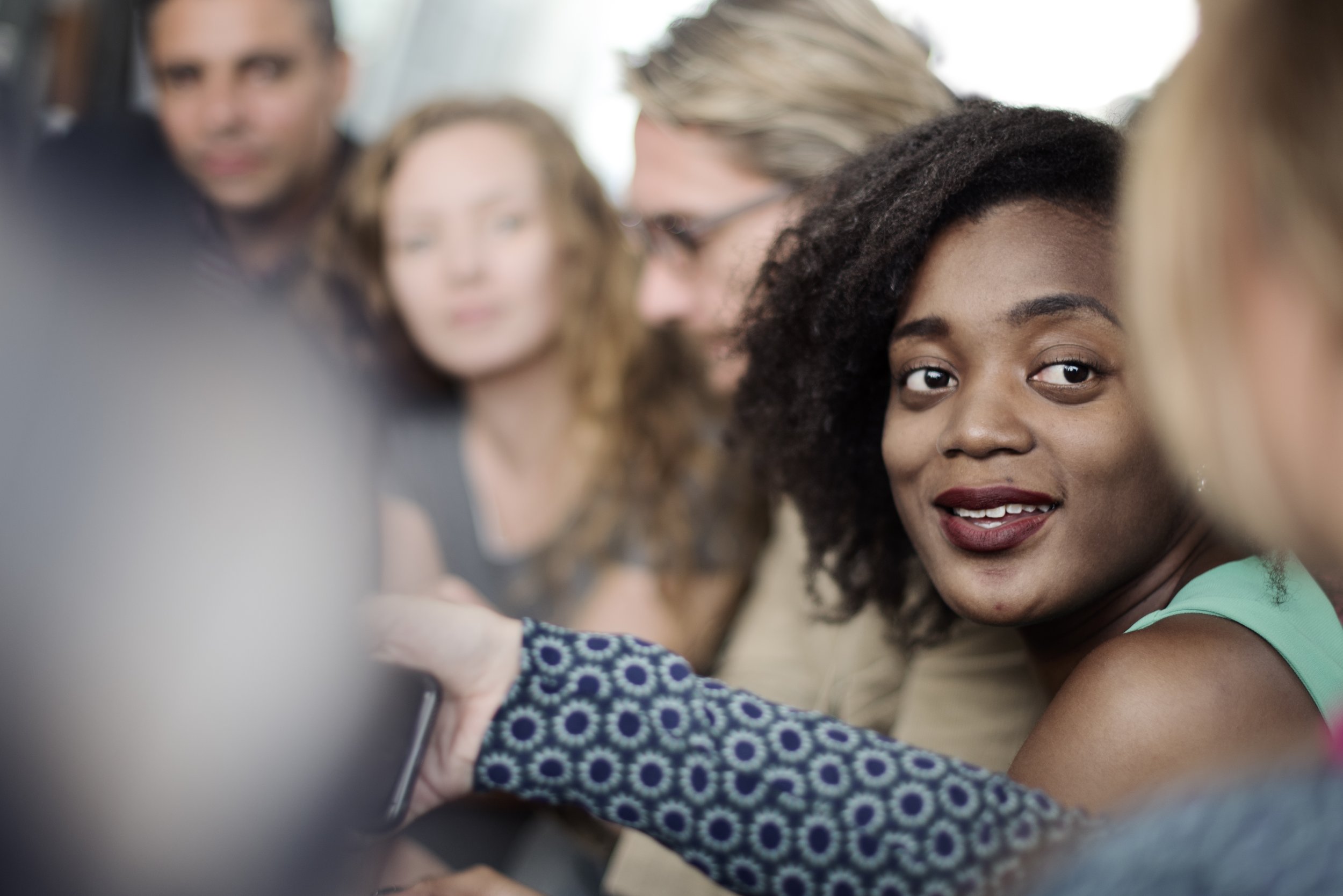Our Blog
Get plugged into the latest Be Strong Families news, initiatives, and blog articles — all central to creating transformative conversations that nurture the spirit of family, promote well-being and prevent violence.
More Blogs

Message from Our Partner: Alliance for Sustainability
Message from Our Partner: Alliance for Sustainability
We are stunned and deeply disturbed seeing the leaked draft Supreme Court majority decision on Roe v. Wade overturning the long-settled reproductive rights of women…

Illinois Youth Summit on Equity, Diversity, Inclusion
Illinois YAB was created by statute to give youth ages 14-21 in the care of IDCFS the opportunity to provide feedback on service delivery, programs, and policies that affect them, toward ensuring that all youth are optimally cared for and supported regardless of race, color, sex, national origin, ancestry, language, handicap/disability, or religion. Illinois YAB is committed to youth empowerment, development, leadership, and achievement.

Progress Report on Be Strong Families’ LGBTQIA+ Initiative
Thanks to the tremendous generosity of our donors, Be Strong Families raised over $50,000 through our end-of-year annual campaign to create partnerships and resources that are specifically focused on better serving the LGBTQIA+ community. Here’s an update of our progress:

Do You Serve LGBTQIA+ Children and Youth? Here Is the Latest Guidance
On March 2, 2022, the Children’s Bureau released an Information Memorandum (IM) with guidance for serving LGBTQI+ children and youth who are involved with the child welfare system. This publication is intended for Title IV-B and IV-E agencies; however, this is an important document for any organization working with LGBTQI+ children and youth.

A Path Towards Building Authentic Relationships and Creating Institutional Change: Allyship
Carol Mizoguchi returned to Be Strong Families’ “Staying Strong and Positive for Ourselves and Our Children” webinar series on January 8, 2021. This presentation continued the conversation about anti-racism through building authentic relationships and changing institutions.

White People Celebrating Black History Month? Part 3: The Responsibility And Power Of The White Ally
True white allies are more than willing to extend the conversation about black history beyond a designated month. They engage at a deep level that requires time and understanding of the tragedies and triumphs, the trauma and resilience, and the ingenuity and genius of people who have continuously been reduced to the “other”. The thorough investigation of black history leads to a more powerful, historically-informed lens of equity to understand present dynamics of structural racism, generational poverty, and educational/health disparities.

White People Celebrating Black History Month? Part 2: Equity In History And Culture
Equity, cultural humility, white privilege, and structural racism have all emerged as “hot topics” in our national narrative—especially in family-serving organizations, academia, and progressive, local, and state governments. While this is admirable and certainly needs to be addressed and transformed into actionable policy changes, organizational norms/practices, and individual accountability, it is crucial to take a critical view of how some of these conversations are surface level, transmitting “flavor-of-the-month” energy and lip service participation. As I thought about what to write for this blog as an African American woman, I contemplated my observations and the implications for Black History month, white allies, and white people who haven’t yet grown into white allies.

White People Celebrating Black History Month? Part 1
I have always been intrigued by differences in tangible things within various cultures like clothing, food, and decorations, but it was my decision to live abroad that first opened me up to learning about differences of thinking… I have opened our home to exchange students from Brazil, Germany, Montenegro, Romania, Slovakia, and Taiwan. Each student stayed for a school year and what we learned about them (and, throughout the process, about us) changed the way we thought about others, ourselves, and our place in this world.
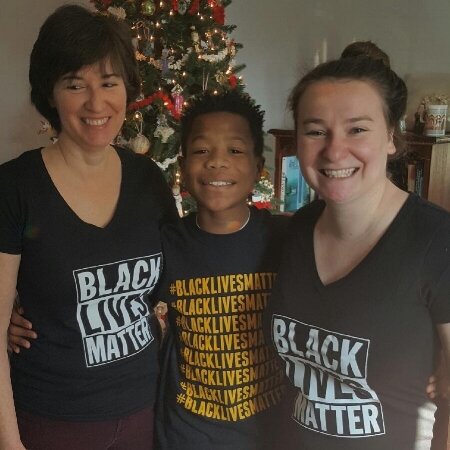
A White Sister’s Experience with Transracial Adoption
About a year after my brother moved in with my family, I was in the toy aisle of Target staring at a bunch of Ryan Reynolds look-alikes. I was beyond frustrated—Green Lantern was his favorite superhero, because he was Black like him. But the 2011 remake meant that the only Black action figures at Target were some half-price villains in the clearance bin. At 16, the symbolism was not lost on me.
